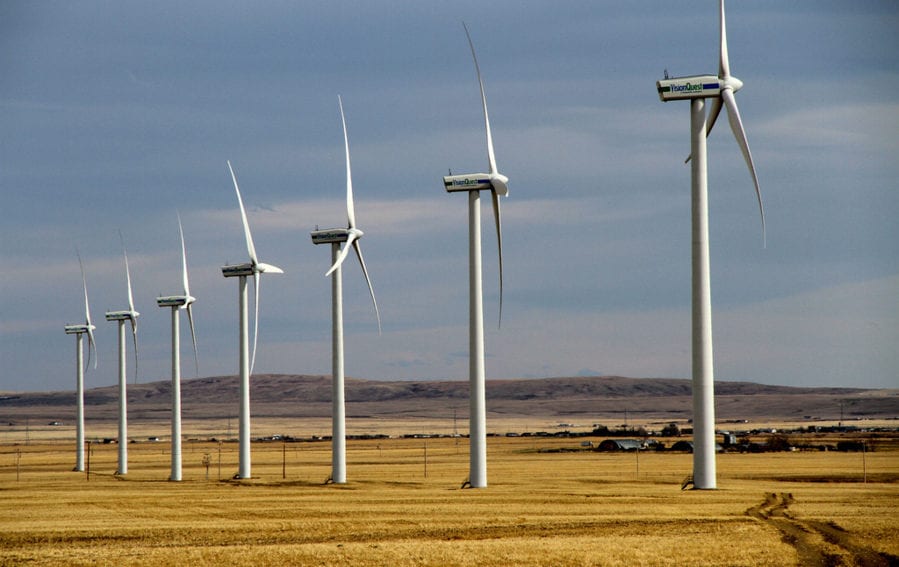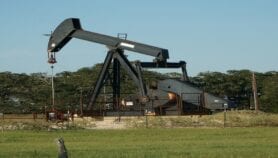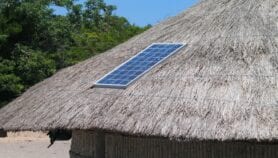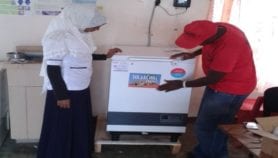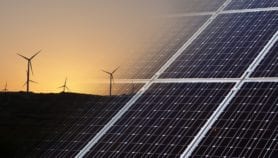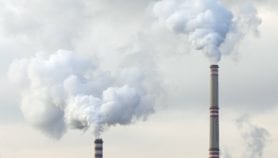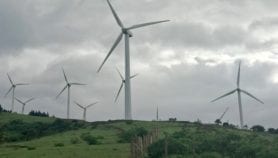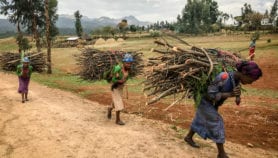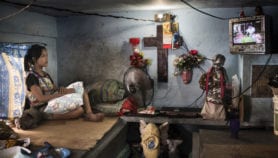By: Alberto Leny
Send to a friend
The details you provide on this page will not be used to send unsolicited email, and will not be sold to a 3rd party. See privacy policy.
[ADDIS ABABA] African governments have been challenged to carry out major reforms in the energy sector for the continent to meet its development targets and sustained social and economic growth.
The appeal was made during the 2nd High-level Meeting of the Africa-European Union (EU) Energy Partnership held last week (11-13 February) at the African Union (AU) headquarters, Addis Ababa, Ethiopia.
“There is no quick fix in resolving the energy question in Africa. Planning matters [and] energy systems require feasibility studies, environmental impact assessment[s] and financial engineering with sound business models,” said Kandeh Yumkella, the UN secretary general’s special representative and CEO for Sustainable Energy for All initiative.
“There is no quick fix in resolving the energy question in Africa. Planning matters [and] energy systems require feasibility studies, environmental impact assessment[s] and financial engineering with sound business models.”
Kandeh Yumkella, the UN’s Sustainable Energy for All initiative
He asked African governments to adopt the right tools such as the global tracking framework for gauging energy access and efficiency.
Elham Ibrahim, the AU commissioner for infrastructure and energy, agreed and urged African governments to put energy at the forefront of the development agenda.
“According to the Africa Energy Outlook 2040 undertaken as part of PIDA [Programme for Infrastructure Development in Africa] by the AU, energy demand will grow by 6 per cent a year up to 2040,” said Ibrahim, expressing concern over the prevailing low energy access in Africa.
Ibrahim told the more than 400 participants that according to the Africa-EU Energy Partnership Status Report, if Africa’s current rates of development and investment in the energy sector continue, the continent will be unable to achieve the energy goals set for 2020.
The goals include providing improved access to reliable, secure, affordable, cost-effective, climate-friendly and sustainable energy services to 100 million people in Africa by establishing new facilities to produce 10,000 megawatts of hydropower, 5,000 megawatts of wind power, 500 megawatts of solar power and tripling other sources of renewable energy.
The EU special representative to the AU Gary Quince said the two main drivers of Africa’s energy demand are the continent’s economic performance and population growth.
Quince cited some EU efforts to address Africa’s energy challenges: “The EU-Africa Infrastructure Trust Fund has been recently reinforced with over 300 million euros [just over US$411 million] …For rural electrification, we are now evaluating proposals which could provide access to electricity for up to 4 million people”.
AbuBakr S. Bahaj, head of Energy and Climate Change Division at the UK-based University of Southampton advised African governments and development partners to implement sustainable rural electrification with three key components — people, products and processes.
Bahaj said the local community must be engaged in determining their energy needs, aspirations and goals, noting: “Only technologies suited for the local situations based on the available resources should be selected and the introduction of energy systems must be accompanied by the development of business processes to allow sustainable replication, deliver social benefits and generate wealth for the community”.
This article has been produced by SciDev.Net's Sub-Saharan Africa desk.
More on Energy
Multimedia
African innovator turns plastic waste into liquid fuel
Francis Kantavooro has produced a locally assembled reactor that turns plastic waste into16/12/19


